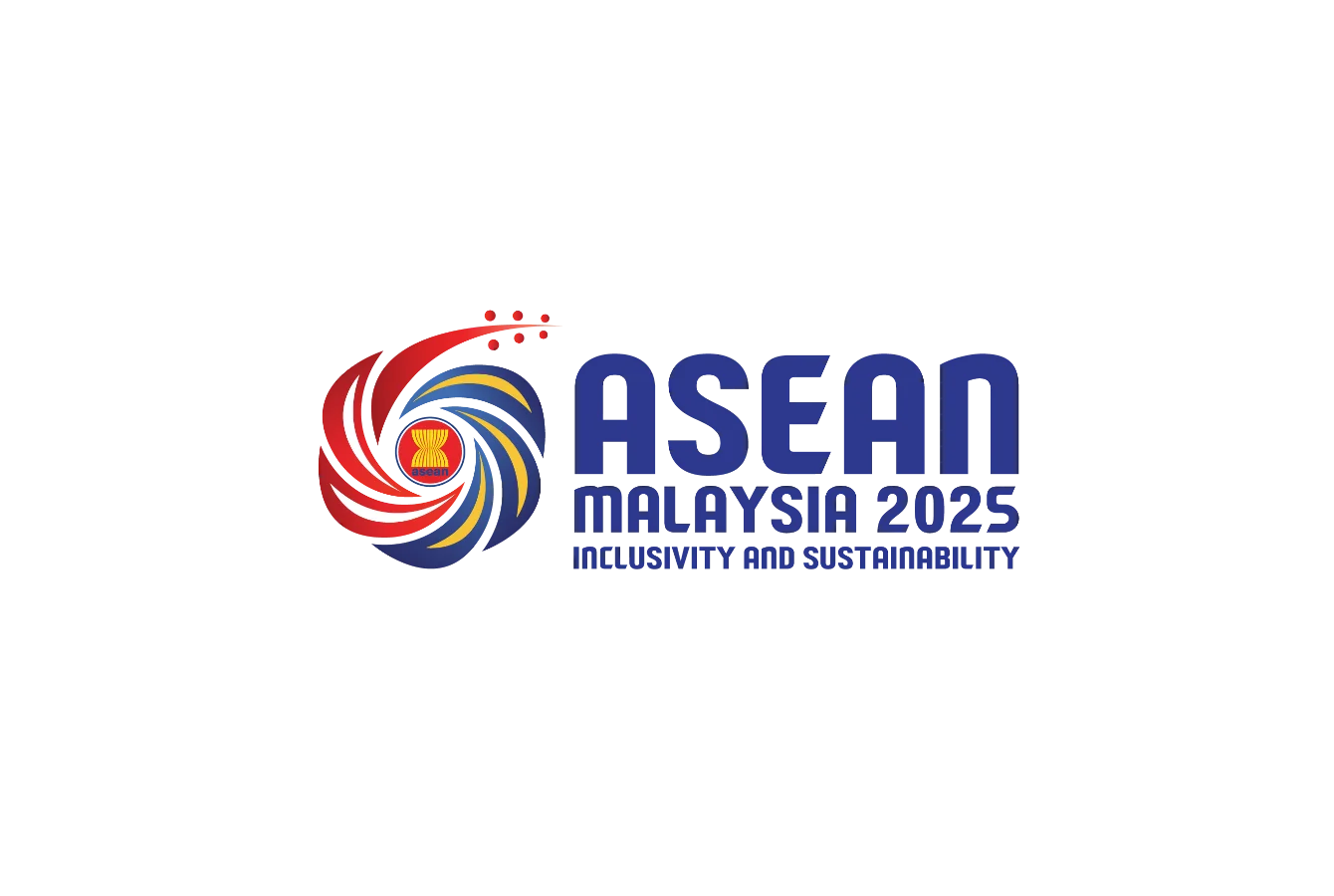Malaysia has positioned itself at the forefront of regional collaboration with the forthcoming Kuala Lumpur Declaration, a pivotal document set to be launched at the 46th ASEAN Summit in 2025. Prime Minister Datuk Seri Anwar Ibrahim has described the declaration as a transformative roadmap for the Association of Southeast Asian Nations (ASEAN), focusing on governance, strategic preparedness, and digital transformation. Speaking at a media briefing at Seri Perdana on May 21, 2025, Anwar emphasized the declaration’s role in turning rhetoric into actionable outcomes for the bloc’s future.
A Collective Vision for ASEAN’s Next Phase
The Kuala Lumpur Declaration represents the culmination of extensive discussions among ASEAN leaders, refined during recent sessions to address the region’s most pressing challenges. Anwar highlighted that the document prioritizes key areas such as governance and digital development, aiming to lay a robust foundation for the bloc’s long-term progress. “Governance, digital development, and the future – these are the areas we will address thoroughly in the KL Declaration” said the Prime Minister during the briefing.
This focus comes at a critical juncture for ASEAN, a grouping of ten Southeast Asian nations grappling with diverse economic disparities, political tensions, and technological advancements. The declaration, according to Anwar, is not merely a statement of intent but a commitment to specificity and action, responding to demands from sub-regional and regional groupings for concrete strategies over vague promises. “Most of the content is already known among member states. What’s important now is the firm commitment to act on it” he added, underscoring the consensus and urgency surrounding the document.
Peace and Security as Cornerstones
Central to the Kuala Lumpur Declaration is the recognition of peace and security as indispensable preconditions for regional development. Anwar noted that the document identifies strategic focus areas to bolster stability, a nod to ongoing challenges such as the Myanmar conflict, which continues to cast a shadow over ASEAN’s unity. The bloc’s inability to resolve the crisis following the 2021 military coup has drawn criticism, with member states often divided on how to address the junta’s actions and the ensuing humanitarian crisis.
While specific details of the declaration’s security provisions remain under wraps until the official launch, analysts suggest it may include frameworks for enhanced dialogue, conflict resolution mechanisms, and coordinated responses to transnational issues like cybersecurity threats and climate-induced displacement. The emphasis on strategic preparedness signals ASEAN’s intent to move beyond reactive measures, positioning itself as a proactive player in a volatile geopolitical landscape.
Digital Transformation in Focus
Digital transformation stands as another pillar of the Kuala Lumpur Declaration, reflecting ASEAN’s ambition to harness technology as a driver of economic growth and social inclusion. With the region’s digital economy projected to reach US$300 billion by 2025, according to industry reports, leaders are keen to address gaps in infrastructure, regulatory harmonization, and digital literacy. Malaysia, as the host of the 46th Summit, has championed initiatives like the ASEAN Digital Economy Framework Agreement, which could feature prominently in the declaration’s agenda.
Anwar’s remarks suggest a broader vision for digital development, one that integrates governance reforms to ensure equitable access and safeguard against risks such as data breaches and digital inequality. For countries like Vietnam and Indonesia, where rapid urbanization meets uneven technological adoption, the declaration could offer a blueprint for balancing innovation with inclusivity. Yet, questions linger about how ASEAN will fund these ambitious goals and whether smaller economies within the bloc can keep pace with tech-savvy nations like Singapore.
From Rhetoric to Results
The Prime Minister’s insistence on moving beyond rhetoric resonates with a region weary of stalled promises. ASEAN has often been criticized for its non-binding agreements and consensus-driven approach, which can hinder decisive action on contentious issues. The Kuala Lumpur Declaration, as framed by Anwar, appears to challenge this perception by prioritizing implementation over platitudes. “Sub-regional and regional groupings are also demanding more than just cooperation and understanding – they want specifics, and the KL Declaration addresses that” he stated.
Communications Minister Datuk Fahmi Fadzil echoed this sentiment, confirming on May 21, 2025, that the declaration would be a centerpiece of the upcoming summit. While the exact content awaits formal unveiling, early indications suggest it will build on existing ASEAN frameworks, such as the 2025 Community Vision, while introducing bolder commitments to address 21st-century challenges. The collaborative process behind the document—spanning political leaders and bureaucrats—further underscores its potential as a unifying force for the bloc.
Regional Implications and Challenges
The Kuala Lumpur Declaration arrives amid heightened scrutiny of ASEAN’s relevance in a multipolar world. With external powers like China and the United States vying for influence in Southeast Asia, the bloc faces pressure to assert its centrality in regional affairs. The declaration’s focus on governance could pave the way for stronger institutional mechanisms, potentially streamlining decision-making processes that have long been hampered by the principle of non-interference.
However, translating these aspirations into tangible outcomes will not be straightforward. Myanmar’s ongoing conflict, which ASEAN has struggled to mediate despite initiatives like the Five-Point Consensus, remains a litmus test for the bloc’s resolve. Reports of dedicated meetings on Myanmar scheduled for the week following Anwar’s briefing indicate that the issue will loom large at the summit. If the Kuala Lumpur Declaration can offer a viable path forward—perhaps through humanitarian corridors or renewed diplomatic pressure—it may restore confidence in ASEAN’s problem-solving capacity.
Economically, the declaration’s emphasis on digital transformation aligns with the region’s post-pandemic recovery efforts. Yet, disparities in technological readiness among member states pose a hurdle. While Malaysia and Thailand boast burgeoning tech sectors, nations like Laos and Cambodia lag in digital infrastructure. Bridging this divide will require not only financial investment but also political will to prioritize shared goals over national interests—a challenge that has historically stymied ASEAN’s cohesion.
Malaysia’s Leadership Role
As the host of the 46th ASEAN Summit, Malaysia is seizing the opportunity to shape the bloc’s trajectory. Anwar, who has positioned himself as a reformist leader since taking office, appears intent on leveraging the declaration to cement Malaysia’s role as a regional agenda-setter. His administration’s focus on governance mirrors domestic priorities, including anti-corruption drives and institutional transparency, which could resonate with ASEAN counterparts facing similar issues.
Yet, Malaysia’s leadership will be tested by the need to balance competing interests within the bloc. From territorial disputes in the South China Sea to economic rivalries, ASEAN’s diversity often breeds discord. The Kuala Lumpur Declaration, if it is to succeed, must navigate these fault lines with a blend of pragmatism and ambition—a tall order even for a seasoned diplomat like Anwar.
Looking Ahead to the Summit
As preparations for the 46th ASEAN Summit intensify, the Kuala Lumpur Declaration stands as both a promise and a challenge. Its launch will mark a defining moment for the bloc, offering a glimpse into whether ASEAN can evolve from a forum for dialogue into a catalyst for change. For now, Anwar’s optimism and the collaborative spirit behind the document inspire cautious hope among observers.
Still, the road ahead is fraught with uncertainty. Can the declaration deliver on its lofty goals of governance reform and digital progress? Will it provide a meaningful framework for addressing intractable conflicts like Myanmar’s? As Southeast Asia watches and waits, the Kuala Lumpur Declaration carries the weight of a region’s aspirations—its success or failure will shape ASEAN’s credibility for years to come.















